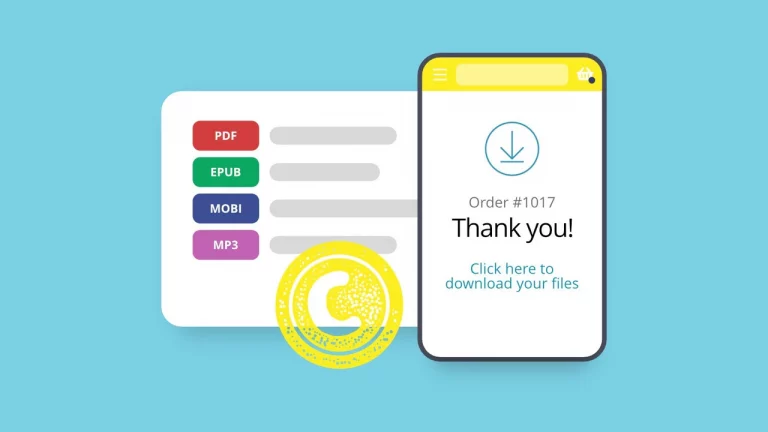
Adverts
Technological advances have transformed the way we interact with the world around us. One of the most fascinating aspects of this revolution is the ability to manipulate the human voice.
Voice-changing apps have become a popular tool, providing more than just entertainment. But also triggering significant changes in various spheres of society.
These innovations open doors to creativity, allowing users to modify their voices in unimaginable ways.
Voice-changing apps offer a versatile platform to explore creativity in fun and innovative ways.
From imitating iconic characters to creating alien voices, these tools provide a playful environment for users to play with their vocal identities.
The popularity of these apps is evident on social media, where funny videos and creative voiceovers have become a common form of expression.
Adverts
This facet of entertainment is rooted in the apps' ability to change voices, offering a platform where imagination is the only limit.
The entertainment industry has also benefited significantly from voice changing apps.
Dubbing of films, television shows and even plays can now be enhanced or adapted through these innovative technologies.
The versatility of these apps allows actors and voice actors to expand their horizons, exploring characters and tones of voice that would previously have been unattainable.
This not only adds value to the production, but also redefines creative possibilities in the entertainment universe, introducing an innovative dimension to audiovisual storytelling.
Beyond entertainment, voice-changing apps have an impact on everyday communications.
Voice calling, audio messaging, and video conferencing tools can become more engaging and fun as users explore different tones and speaking styles.
In professional environments, this approach can be an effective way to convey information in a more captivating way, making presentations and online meetings more interesting.
The integration of these tools into everyday communication highlights the adaptability of these applications, which transcend the limits of mere entertainment.
However, the increased use of these apps also raises ethical and privacy concerns.
The ability to create fake voices can be exploited for manipulation and falsification of information. This highlights the need for strict regulations and awareness about the potential abuses of these technologies.
Society must consider the ethical limits of these applications and develop strategies to protect the integrity of communications, preventing the misuse of modified voices.
In addition to recreational applications, voice-changing applications have a positive impact in the area of accessibility.
For those with vocal or speech disabilities, these tools provide a way to express themselves in a freer, more personalized way.
Technology thus takes on an inclusive role, allowing people with different skills to communicate their ideas more effectively and independently.
In the educational sphere, these applications also find space.
Teachers can create more engaging content, making online classes more dynamic and attractive for students.
Additionally, foreign language practice can be enhanced by allowing users to experiment and practice different accents and intonations interactively.
Advertising has also witnessed a paradigm shift with the introduction of voice-changing apps.
Ads can be tailored to target audiences, incorporating voices that resonate with different demographics.
This personalization creates a more immersive advertising experience, bringing brands closer to their consumers in innovative ways.
Constant technological advancement suggests that we are still in the early stages of the voice-changing app revolution.
New innovations are being developed, from more sophisticated algorithms to integration with emerging technologies such as augmented and virtual reality.
The future of these applications looks promising, with applications that go beyond what we can currently imagine.
In conclusion, voice-changing apps have emerged as a transformative force, shaping not only our entertainment but also our everyday communications and the fabric of society.
From creative fun to serious and inclusive applications, these tools offer a diverse panorama of possibilities.
However, as technology advances, new challenges emerge. Digital security becomes a growing concern, with the possibility of malicious use of these tools to deceive and manipulate.
Society faces the challenge of finding a balance between technological innovation and protection against potential threats.
However, ethical and responsible use is crucial to mitigate the challenges that arise with this innovation.
As we continue to explore the limits of these applications, it is imperative to keep a critical eye on the ethical and privacy implications, ensuring that this technological revolution benefits society as a whole.